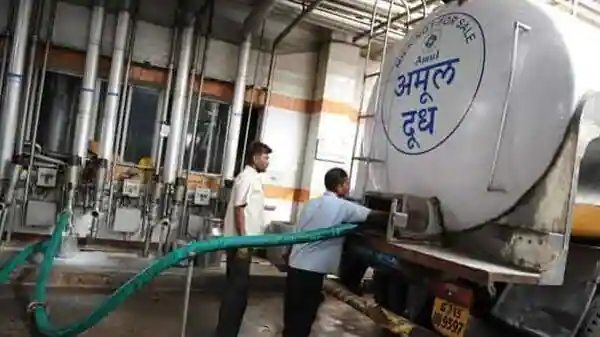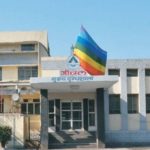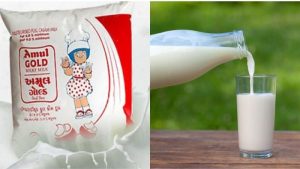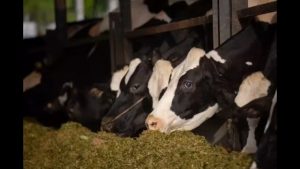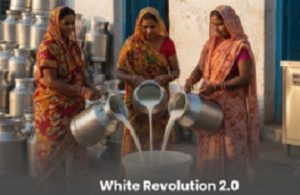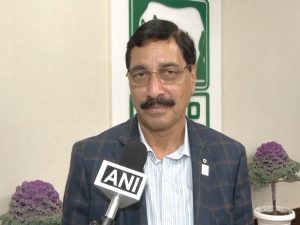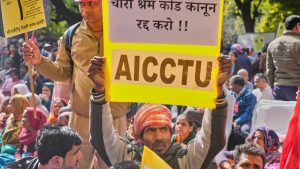
With the aim of reducing Sri Lanka’s dependence on imported milk products, India announced on Monday that it will provide support to enhance the dairy industry and milk output of the country.
Sri Lanka’s President Media Division informed in a statement that officials of the National Dairy Development Board (NDDB) and the Gujarat Cooperative Milk Marketing Federation (GCMMF), which markets milk under the Amul brand, have taken steps to provide necessary technical support for the production of milk in Sri Lanka.
Ranil Wickremesinghe, the President of Sri Lanka has appointed a panel consisting of public and private players to work in consultation with the multi-disciplinary team of NDDB and chalk out long and short-term plans to increase the milk production of Sri Lanka and reduce its dependence on milk imports.
“During Monday’s meeting, plans were discussed doubling local milk production by implementing short and medium-term plans and making Sri Lanka self-sufficient in milk in the long run through a targeted program,” the statement said.
“Additional Secretary to the Ministry of Agriculture, Dr. Nimal Samaranayake, Chairman of the National Dairy Development Board, Professor H.W. Cyril and other committee members and officials of the Ministry of Agriculture and line agencies, Indian National Dairy Development Board Senior General Manager Rajesh Onkarnath Gupta, General Manager Sunil Shivprasad Sinha, Senior Manager Rajesh Kumar Sharma and other representatives participated in the discussions,” it added.
The move came at a time when questions are also being raised about the food security situation in Sri Lanka as malnutrition in the country, especially among children has increased.
According to UN World Food Programme (WFP) currently, more than 56,000 children in Sri Lanka are suffering from acute malnutrition. The organization added that according to its data, 32% of the households in Sri Lanka are currently food insecure and 68% of the households are changing their food preference or choosing smaller portions of food.
The economic situation of the country which even invoked violent protests has improved compared to the initial months of the year, but still, the citizens of the country are suffering from the deficiency of basic products.
